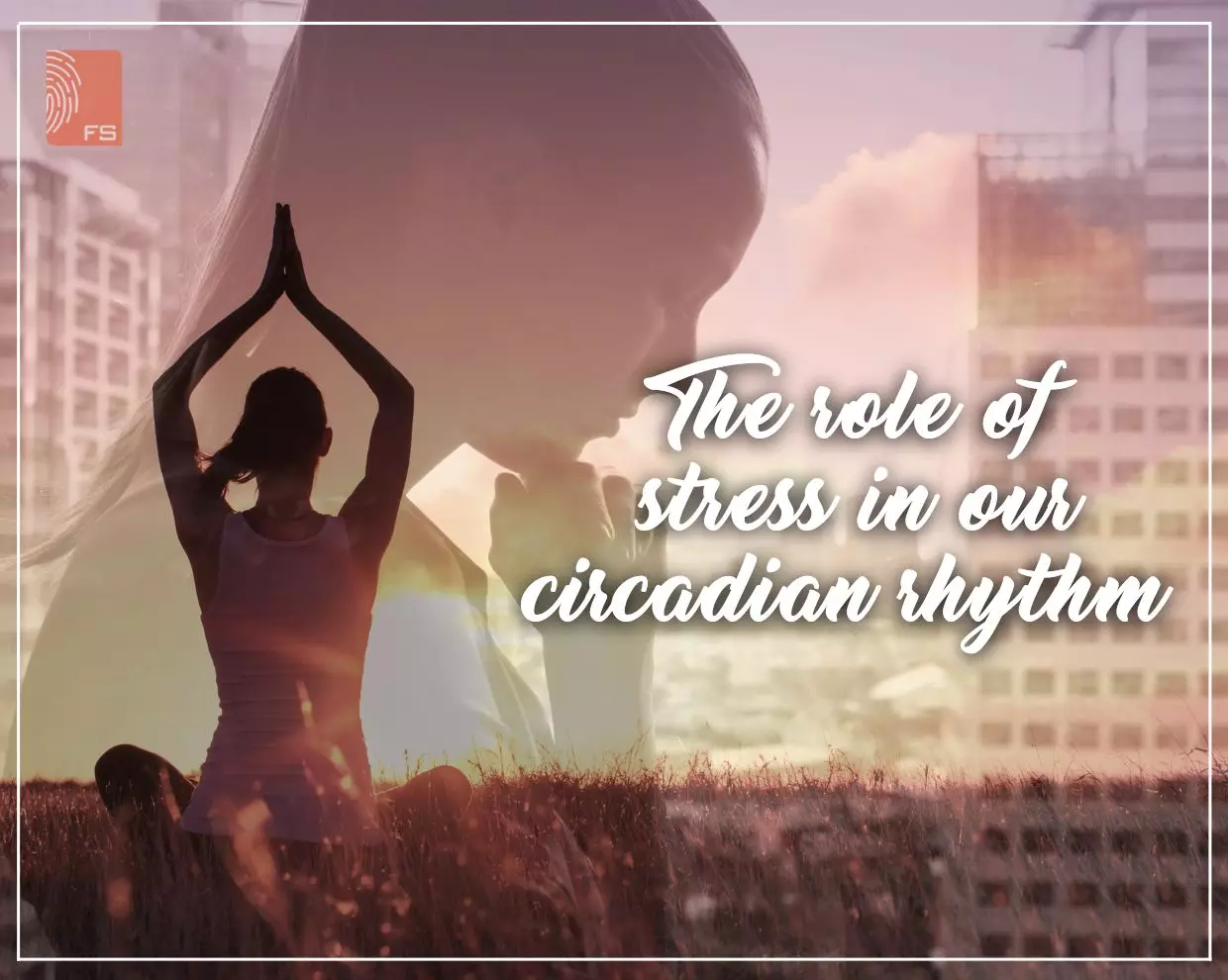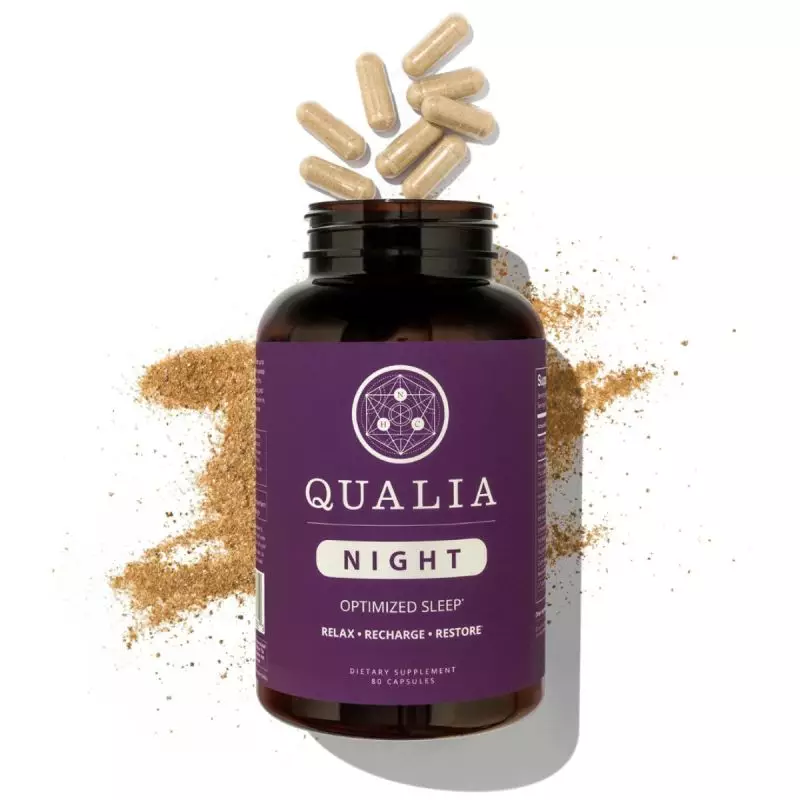Lesson Six: Stay on top of modern-day stressors.
Stress is a significant issue for a lot of us.
Studies have found that stress can adversely disrupt our circadian rhythm, which has knock-on effects on cortisol and melatonin regulation. As a result, we may find ourselves under chronic stress and suffer from long, sleepless nights. So, it is no surprise that further environmental disruptions such as jet lag, night-shift work, or exposure to artificial light at night can worsen things.
An example of acute stress in patients with septic shock showed an increase in pro-inflammatory cytokines appeared to reduce the pineal production of melatonin and increase cortisol levels — two important circadian rhythm markers.[1]
We are starting to understand more of the bidirectional relationship between mood disorders and circadian rhythms. [2]
A 2022 Nature article found circadian rhythm disruption to be a common underlying factor that bridges a range of mental disorders. There is still much to learn before science can make any causative claims. However, it did suggest melatonin supplementation and bright light therapy are most commonly used to treat circadian disruption in patients with ADHD and ASD. [3]
How breathing and mindfulness affect sleep
An easy way to start taking control of your health is through your breath.
If you’re not breathing correctly, this can create huge problems since healthy breathing patterns are how your body maintains a high metabolism and delivers oxygen to the tissues. When our body is in a state of high stress (fight or flight mode), our breathing speeds up, and we take shorter inhalations and exhalations. This can decrease the amount of blood transported to the brain and muscles.
Dysfunctional breathing
Some signs of dysfunctional breathing patterns are:
- A shallow inhale from your chest, and not a deep inhale from your belly;
- Not expanding your rib cage to the side when you inhale;
- Breathing with your mouth rather than with your nose;
- Yawning frequently may suggest you’re not getting enough oxygen in your breathing pattern, and;
- A high resting breath rate of over 12 breaths per minute.[4]
When you start to breathe correctly — slowly, through your nose and from deep in your belly, you’ll immediately begin to feel more alert and better able to perform optimally.
Mindfulness
Mindfulness-based therapies have also been found to reduce stress and anxiety.[5] When under stress, your nervous system signals the release of hormones which triggers your “fight or flight” response.
Your heart rate will increase and divert more oxygen to your muscles so you can get out of danger, which causes an increase in blood pressure.
The human stress response is not suited to prolong and chronic stress, which overloads the adrenal glands, causing them to produce even more cortisol — the “stress hormone”. Cortisol affects everything from blood pressure to body temperature.
Practising mindfulness in the evening can help mitigate excess cortisol in the body by calming the mind and the adrenal glands. In fact, a recent study has found that night-time melatonin levels were raised after people practised evening meditation.[6] Guided meditations such as Headspace or Waking Up are some of our favourite ways to get started.

 EU Store
EU Store  UK Store
UK Store NZ Store
NZ Store AU Store
AU Store













